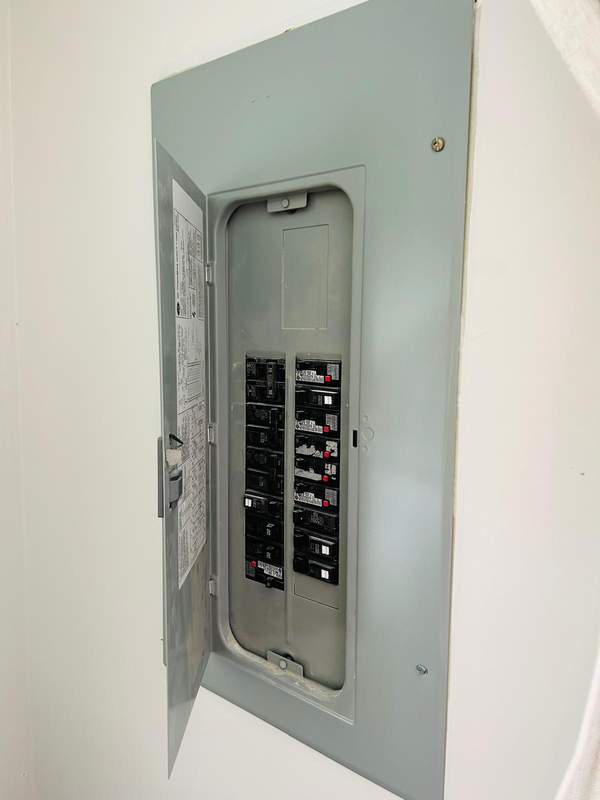Did you know that a staggering number of home electrical systems are found to be non-compliant with safety standards during inspections? This not only poses a risk to the property but also to the safety of its occupants. Understanding common pitfalls in electrical systems can help homeowners avoid potential hazards and costly repairs. As experienced home inspection professionals, we aim to educate and guide you through the intricacies of home electrical systems.
Identifying Common Electrical Issues
Electrical systems are complex, and several issues can lurk unnoticed. Here are some pitfalls commonly observed:
- Outdated Wiring: Homes built before the 1980s might have aluminum wiring, which is prone to overheating. Modern systems use copper wiring for enhanced safety.
- Improper Breaker Panel Setup: Ensure that the breaker panel is not overloaded and that each circuit is appropriately labeled and accessible.
- Insufficient Outlets: Many older homes lack sufficient electrical outlets, leading to hazardous over-reliance on extension cords and power strips.
Ensuring Electrical Safety
Safety is paramount when dealing with electrical systems. Homeowners should consider the following:
- Ground Fault Circuit Interrupters (GFCIs): Install GFCIs in wet areas like kitchens and bathrooms to prevent electrical shock.
- Regular Inspections: Schedule routine inspections to identify potential issues early, ensuring compliance with the National Electrical Code (NEC).
- Professional Upgrades: Engage certified electricians for any upgrades or repairs, ensuring they adhere to current safety standards.
Understanding Electrical Load Capacity
It’s crucial to understand your home’s electrical load capacity to prevent overloads. Here are some guidelines:
- Calculate Load Capacity: The load capacity is determined by the amperage rating of your service panel. A typical home might have a 100-amp or 200-amp service.
- Appliance Ratings: Check the wattage of major appliances to ensure they do not exceed the circuit capacity.
In conclusion, being aware of the common pitfalls in electrical systems can greatly enhance the safety and functionality of your home. Regular inspections by a professional can help identify and rectify issues before they become major problems. Consider scheduling a comprehensive home inspection to ensure your electrical systems are safe and compliant.


Recent Comments